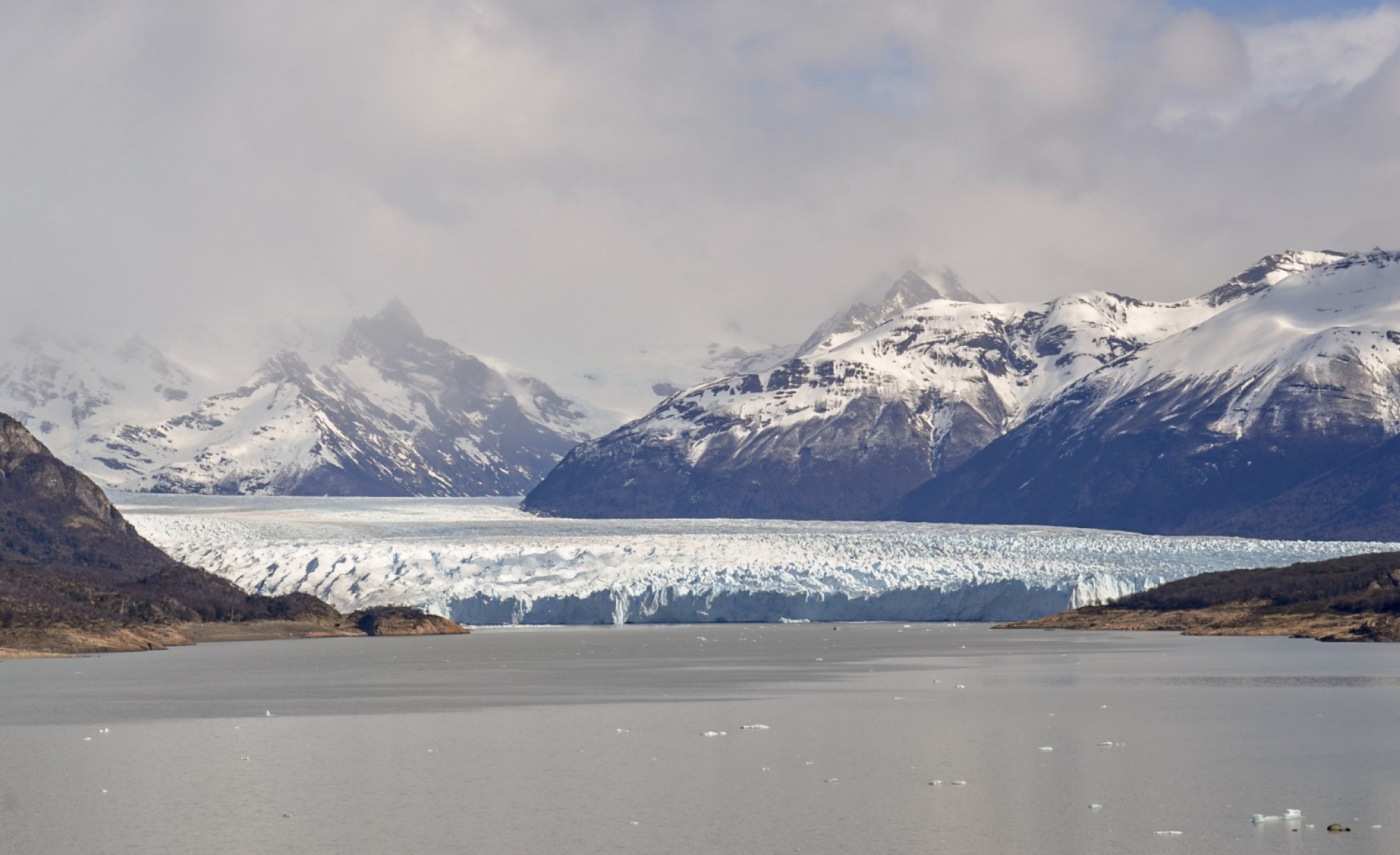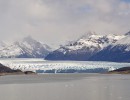Every 11th October is celebrated the National Day of Patagonia, a date established by Law N° 25.394, which commemorates the creation of the Governorate of the Territory of Patagonia in 1878.
‘From the ocean in the East to the Cordillera in the West, and from the rivers Negro and Neuquén in the North to Cape Horn in the South’.
At that time, President Nicolás Avellaneda sanctioned Law 954, creating this jurisdiction and establishing the seat of the authorities in the locality of Mercedes de Patagones, today the city of Viedma, capital of Río Negro. Its first governor was Colonel Álvaro Barros.
After the Desert Campaign (1879-1885), General Julio Argentino Roca promoted policies to foster the development of the population in this territory, the southernmost and largest of all the regions that make up the country.
On 16 October 1884, the Government decreed the National Territories Act (No. 1532), which legislatively determined that the Patagonian territory would be divided into the governorates of Río Negro, Neuquén, Chubut, Santa Cruz and Tierra del Fuego. The Governorate of Patagonia was thus dissolved.
From the Andes Mountains to the vast Patagonian steppe, this region offers a myriad of wonders for nature lovers and adventurers. Among its main attractions are glaciers, crystalline lakes, ancient forests, and a diverse fauna that includes iconic species such as the guanaco, the puma, and the majestic Andean condor.
One of the most emblematic destinations is Los Glaciares National Park, in the province of Santa Cruz, home to the famous Perito Moreno Glacier, one of the few ice masses in the world that continues to advance.
Another dream location is the Nahuel Huapi National Park in Río Negro and Neuquén, known for its blue lakes, snow-capped mountains and the picturesque town of San Carlos de Bariloche.
Further south, Península Valdés, in Chubut province, is a haven for marine life. Declared a UNESCO World Heritage Site, it is home to southern right whales, penguins, orcas and sea lions, and is a privileged place for marine wildlife watching.
National Patagonia Day invites us to reflect on the importance of preserving this vast and extraordinary ecosystem, which is not only a tourist jewel, but also a natural heritage that we must protect for future generations.


